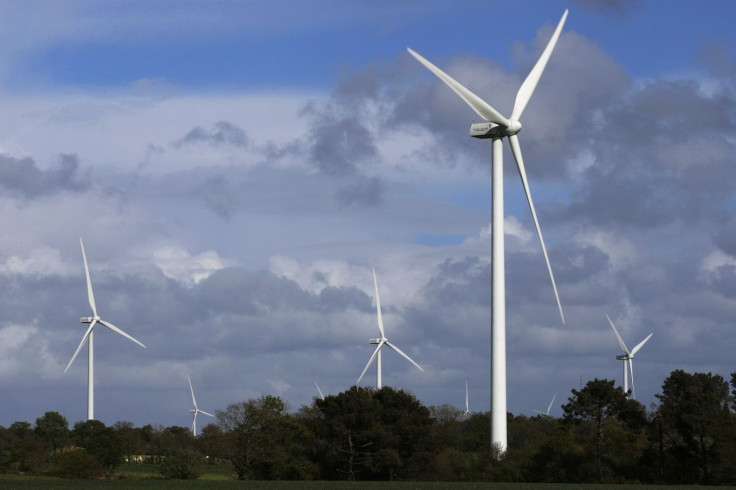Wind Farm Company To Sue Canada’s Ontario Gov’t For Allegedly Destroying Investment Documents

At a time, states are running after investors to bring investment, in Canada, a state is facing a law suit from an investor for obstructing a big investment in the wind energy sector. The aggrieved offshore wind-farm developer is now amending its law suit to add one more charge against the government--destruction of investment-related correspondence, including important documents pertaining to the lawsuit that it set against the province, after it nixed the investment plans.
According to Trillium’s CEO CEO John Kourtoff, “We were shocked to find proof that there was wilful destruction of evidence more than one year after Trillium Power sued the government of Ontario,” reports CTV News. Trillium Power Wind Corp claimed that it can now incorporate the spoilage of documents in its amended CA$500-million statement of claim.
The unproven charges by the company will include allegations that the Ontario government "intentionally destroyed evidence relevant to the central issue in this litigation and purged emails, records and documents from its files."
Cancelled Project
The wind farm company started the law suit in 2011 after Ontario quashed the company's wind project in Lake Ontario. The provincial government defended its action saying more scientific studies are required before allowing such a project and enforced a moratorium on such investments. The decision incurred heavy losses for Trillium, as it had spent millions of dollars in making plans for the offshore wind farm project. The order scotching the project came in February, 2011 and significantly it was the very same day, when Trillium was about to sign a large financing deal, reports Globe and Mail.
Trillium initially sued the Ontario government for $2.25-billion in damages. But its law suits were thrown out on grounds of inadequacy. However, in 2013, an Ontario Court of Appeal allowed the company to go ahead by citing one specific allegation that the government’s decision amounted to “malfeasance in public office.”
Docs Destroyed
Accordingly, Trillium, in its revised suit slashed the claim for damages to $500-million. But it again fcaed a hurdle--some government documents were not being handed over. This led the company to file a motion asking to amend its claim to include the allegation of “spoliation,” or the “deliberate destruction or elimination of incriminating evidence.
Trillium argues that the government cannot support its claim that the decision to cancel the project was a "core policy" decision and said it was predetermined. Rejecting the wind farm firm’s charges, Jennifer Beaudry, a spokeswoman for Energy Minister Bob Chiarelli, said the government will not comment on the ongoing litigation. "We take our record-keeping obligations very seriously," Beaudry said and claimed that the Ontario government is open, accountable and transparent and pursues a responsible approach to offshore wind projects.
(For feedback/comments, contact the writer at k.kumar@ibtimes.com.au)





















